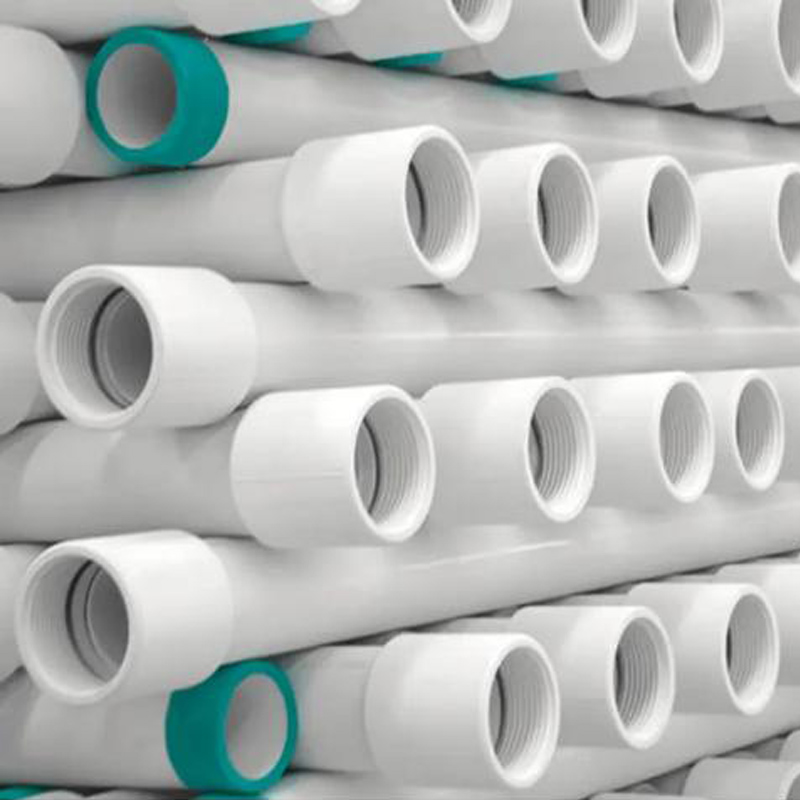Oct . 21, 2024 20:13 Back to list
Applications and Benefits of HDPE Pipe in Manufacturing Processes
The Versatility and Benefits of HDPE Pipe in Industrial Applications
High-Density Polyethylene (HDPE) pipe is a popular choice in many industrial applications due to its exceptional properties and performance characteristics. The use of HDPE pipe has significantly increased across various sectors, including water supply, sewage, agriculture, natural gas distribution, and industrial processes. This article delves into the advantages of HDPE pipe and its widespread application in factories and other industrial settings.
What is HDPE?
HDPE, or High-Density Polyethylene, is a thermoplastic polymer made from petroleum. It is known for its high strength-to-density ratio, making it lighter yet incredibly strong. Commonly used in the production of plastic bottles, containers, and various piping systems, HDPE is preferred in many applications due to its durability and resistance to multiple environmental factors.
Advantages of HDPE Pipes
1. Corrosion Resistance One of the standout qualities of HDPE pipes is their resistance to corrosion and chemical leaching. Unlike traditional materials such as steel or concrete, HDPE does not corrode, making it an ideal choice for transporting water, chemicals, and other substances in factories. This property extends the life of the piping system and reduces maintenance costs significantly.
2. Flexibility and Lightweight HDPE pipes are lightweight and flexible, which facilitates easy installation and handling. Their flexibility allows for bending and adapting to various site conditions without compromising integrity. This is particularly beneficial in factories where installation speed can lead to reduced labor costs and quicker project completion times.
3. Low Friction Coefficient The smooth inner surface of HDPE pipes allows for a lower friction coefficient, which enhances flow rates and reduces the energy needed for pumping systems. This efficiency is crucial in factories where fluid transport is integral to production processes.
4. Environmental Benefits HDPE is fully recyclable, making it an environmentally friendly choice compared to other piping materials. Its production process emits fewer harmful substances into the atmosphere, contributing to a reduced carbon footprint. Additionally, the longevity of HDPE pipes further diminishes environmental impact by minimizing the frequency of replacements.
hdpe pipe use factory

5. Resistance to UV Radiation When used in above-ground applications, HDPE pipes demonstrate strong resistance to UV radiation, preventing degradation over time. This is especially beneficial for factories with outdoor installations where pipes are exposed to sunlight.
6. Hydrostatic Strength HDPE pipes possess excellent hydrostatic strength, ensuring they can withstand high pressure without failure. This durability is crucial for industrial applications that require reliable transport systems for liquids and gases under pressure.
Applications in Factories
In industrial applications, HDPE pipes are used in various capacities
- Water Supply Systems Factories require reliable water supply systems for operations, cooling, and employee use. HDPE pipes ensure a consistent and safe water supply, reducing the risk of contamination. - Wastewater Management Factories generate significant amounts of wastewater. HDPE pipes are ideal for sewer systems due to their durability and resistance to the corrosive nature of waste materials.
- Chemical Distribution In petrochemical and manufacturing plants, the safe transport of chemicals is essential. HDPE's chemical resistance makes it suitable for piping systems that handle hazardous materials.
- Irrigation Systems In agricultural factories or agro-industries, HDPE pipes are extensively used in irrigation systems. Their flexibility allows for easy installation, and their strength ensures longevity.
Conclusion
The versatility and durability of HDPE pipes make them an invaluable asset in industrial applications. Their characteristics—such as corrosion resistance, lightweight nature, low friction, and recyclability—position them as a superior alternative to traditional piping materials. As industries continue to prioritize efficiency and sustainability, the use of HDPE pipes is likely to grow, underscoring their importance in modern manufacturing and factory operations. Manufacturers and factory operators should consider the benefits of HDPE pipes in their systems, not only to enhance their operational effectiveness but also to contribute positively to environmental sustainability. The future holds significant potential for HDPE, and its adoption will likely pave the way for more efficient and eco-friendly industrial practices.
-
High-Quality PVC Borehole Pipes Durable & Versatile Pipe Solutions
NewsJul.08,2025
-
High-Quality PVC Perforated Pipes for Efficient Drainage Leading Manufacturers & Factories
NewsJul.08,2025
-
High-Quality PVC Borehole Pipes Durable Pipe Solutions by Leading Manufacturer
NewsJul.08,2025
-
High-Quality PVC Borehole Pipes Reliable PVC Pipe Manufacturer Solutions
NewsJul.07,2025
-
High-Quality UPVC Drain Pipes Durable HDPE & Drain Pipe Solutions
NewsJul.07,2025
-
High-Quality Conduit Pipes & HDPE Conduit Fittings Manufacturer Reliable Factory Supply
NewsJul.06,2025

